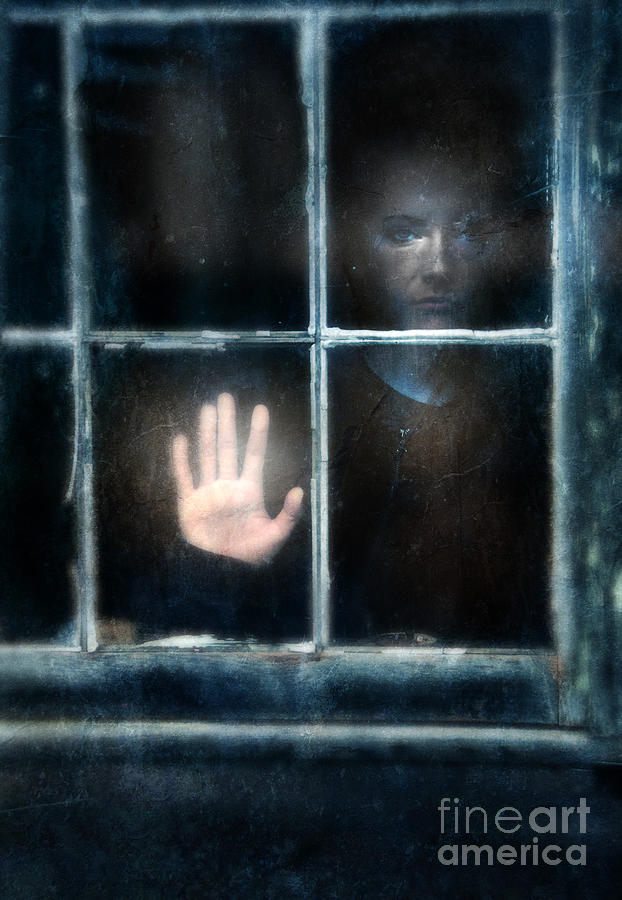

that it was unchanging, forever remaining the same, because nothing changed with each passing year (a static Universe).that it was the same in all directions because you see stars in every direction you look (we call this a homogeneous Universe).These things were known and they were a constant.īased on these observations, our ancestors drew the following conclusions about the Universe: In the sky are the Sun, the Moon, the planets and the stars which would always rise again after setting. Think back to what previous generations have considered to be true about the Universe. The answer is therefore rather more profound, giving us insight into the very nature of the Universe we live in. While these stars may be further away, there are a great many more of them – enough to make our home star seem rather insignificant.

Heinrich Wilhelm Mathias Olbers © Getty Images You might think there is a simple answer to this question: surely the night sky is dark because the Sun has set? But as the Earth spins on its axis to face us away from that great big life-giving ball of light that is ever present in our daytime sky, it turns towards uncountable numbers of other stars. While many others had described this problem before, Olbers formulated an explanation that was named after him: Olbers’ paradox, sometimes known as the dark sky paradox. It was popularised in the nineteenth century by a German called Heinrich Olbers a doctor by day and an astronomer by night.

The question about why the night sky is dark has been posed by many physicists and philosophers over the millennia, from the Ancient Greeks through to twentieth-century astronomers. In this extract from her book, Space: 10 Things You Should Know, astronomer and YouTuber Dr Becky explains the science behind this cosmological conundrum. In fact, it is one of the oldest puzzles in astronomy, but the answer is not only relatively simple, it’s also rather illuminating. If you’ve ever looked up into the night sky and pondered why it is not completely full of the near-infinite number of stars out there, you would not be alone.


 0 kommentar(er)
0 kommentar(er)
